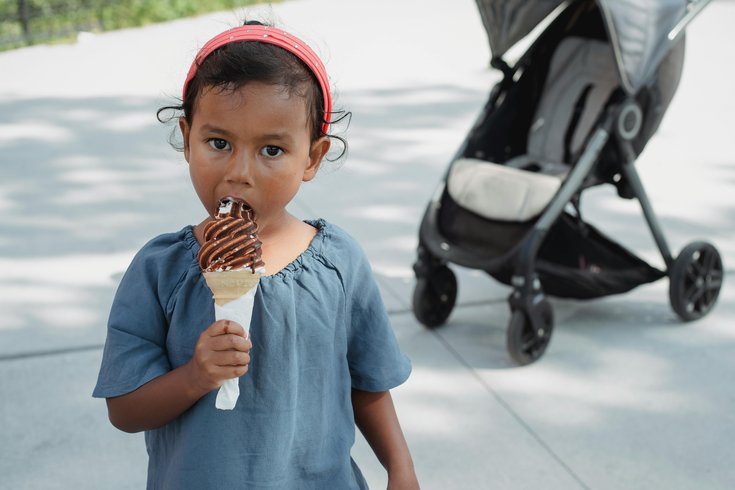
May 06, 2024
 Kamaji Ogino/Pexels
Kamaji Ogino/Pexels
Children tend to receive sugary and salty snacks during the first hour after day care pickup, but researchers say parents should view it as an opportunity to establish healthy eating habits.
The hour after children are picked up from day care tends to be filled with sugary treats and salty snacks – as many stressed out parents can attest.
A new study found that young children consume about 20% of their 1,500 daily calories immediately after getting picked up from childcare. They get 22% of their added sugar intake and consume about one-third of their sweet and salty snacks in that period.
Children are more likely to eat unhealthy foods in the hours immediately before and after day care, researchers found. They also consume fewer dairy products and vegetables during these transition periods. By contrast, children eat more dairy products and fruit in the hour after arriving at day care and fewer sugary and salty foods.
But the first hour after childcare is the "least healthful" period, researchers found, acknowledging that it can be "stressful for parents and children." It's also an opportunity for parents to establish healthy habits.
"Children of preschool age are in a highly habit-forming time of their lives," senior author Dr. Kristen Copeland, a pediatrician at Cincinnati Children's hospital. "They thrive on routine. Children often look forward to the car ride home, which makes that time an opportunity to start a healthy snacking habit that could last a lifetime."
Copeland also said she understands that day care pickup can be "busy" and that kids may be "cranky, hungry or tired."
"There's nothing wrong with treats once in a while," she said.
To avoid unhealthy drive-thru meals or sugar-loaded packaged snacks on the way home, parents should keep their cars stocked with healthy food and drink options, the researchers said. Experts also suggest that modeling healthy eating habits and incorporating kids into food shopping can help encourage them to eat healthy foods.
Websites like Yummy Toddler Food offer unique and healthy snack options for young children. Examples include baked apple slices, roasted sweet potatoes, yogurt pouches, soft-baked granola bars, oatmeal muffins and quinoa chips. Low-sugar beverages include milk or water.
The study was published last month in the journal Children's Health Care. Researchers from Cincinnati Children's examined data from more than 300 families with children ages 3-5 who attended 30 childcare centers that participated in the Preschool Eating and Activity Study between 2009 to 2011.
Follow Franki & PhillyVoice on Twitter: @wordsbyfranki
| @thePhillyVoice
Like us on Facebook: PhillyVoice
Have a news tip? Let us know.